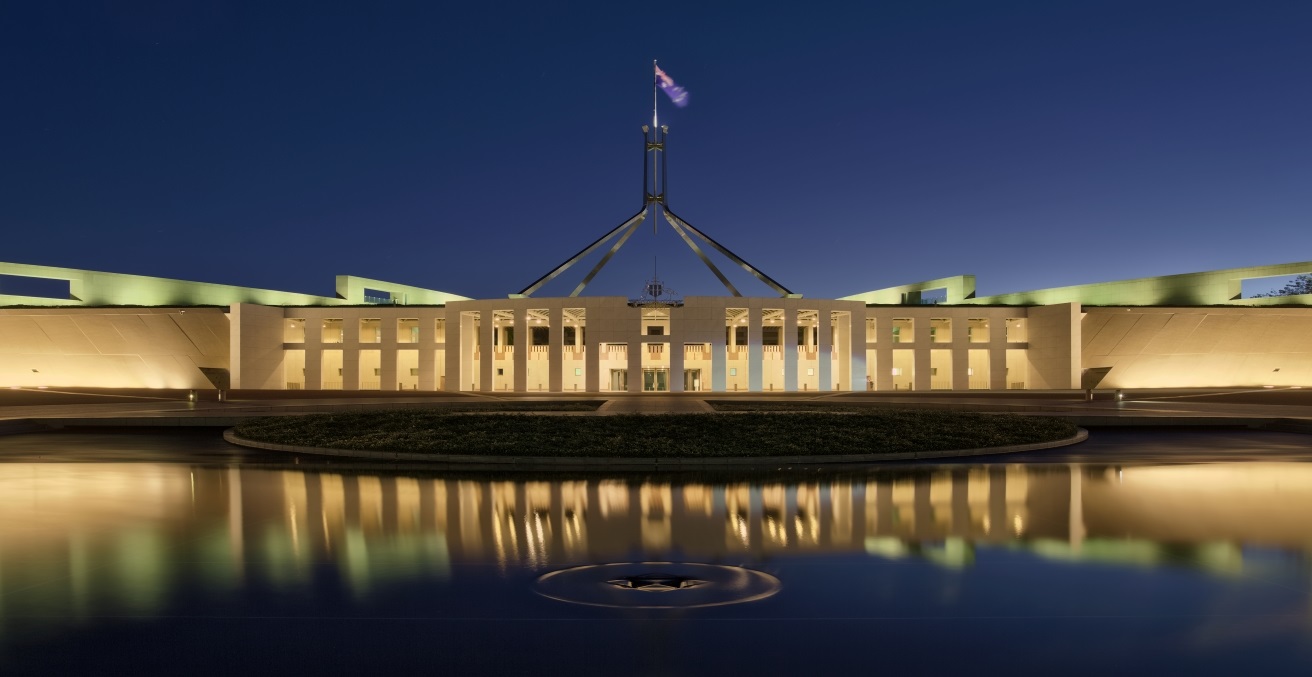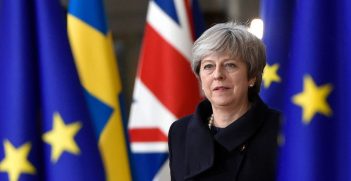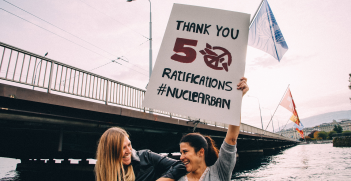12 March: The Week in Australian Foreign Affairs

This week in Australian foreign affairs: Morrison on the upcoming Quad summit meeting, Payne on Myanmar, International Women’s Day, and more.
Prime Minister Scott Morrison spoke on 10 March about the upcoming Quadrilateral Security Dialogue’s (the “Quad”) first summit meeting, saying it is about “ensuring an open, independent, sovereign Indo-Pacific that enables all countries and nations within the Indo-Pacific to engage with each other, all of them, and to do that in a way which is good for their own citizens and good for the peace and prosperity of the region itself.” He also said, “[the Quad is] not a mini UN of four nations … This is about four like-minded countries coming together that have significant interests within the Indo-Pacific region, that has fantastic relationships with countries throughout the Indo-Pacific region to ensure that all of us can have the assurances about the peace and stability of the region.” The summit meeting will be held virtually on 12 March.
On 7 March, Minister for Foreign Affairs Marise Payne issued a statement on Myanmar, following the military coup and “escalating violence and rising death toll.” Payne called for the “immediate release of [Australian] Professor Sean Turnell, State Counsellor Aung San Suu Kyi, President Win Myint and others who have been arbitrarily detained since 1 February.” Payne also noted that “Australia has been renewing its Myanmar policy settings” and has “undertaken extensive consultations with our international partners, particularly our ASEAN neighbours, Japan and India.” Moreover, Payne announced that Australia’s limited bilateral Defence Cooperation Program with Myanmar’s military “will be suspended.” She also stated that “Australia’s development program is being re-directed to the immediate humanitarian needs of the most vulnerable and poor including the Rohingyas and other ethnic minorities” and that humanitarian engagement will be “with and through non-government organisations, not with government or government-related entities, as is currently the case in some parts of the program.” Finally, Payne noted that “Australia’s autonomous sanctions regime already includes an arms embargo that prohibits supplying weapons to Myanmar and targeted sanctions on a number of individuals … We continue to review our sanctions regime.”
Payne gave a speech on 5 March at UN Women Australia’s International Women’s Day event, where she noted that “[putting] women in our Indo-Pacific region and globally, front and centre, is a key to our economic recovery from COVID-19.” She also stated that “[over] the past 12 months, I’ve been honoured to engage – virtually – with Pacific women leaders in particular, with women foreign ministers from around the world to discuss our practical efforts to prioritise gender equality in the COVID-19 response … Women’s leadership and economic recovery go hand in hand.”
On 9 March, in her capacity as Acting Defence Minister, Payne issued a joint media release with Member for Leichhardt Warran Entsch on boosting maritime capacity in the Pacific. In the release, Payne and Entsch announced that TAFE Queensland has been awarded a $36 million contract to provide mariner training and support to the Navy crews of the Guardian-class Patrol Boats, as part of the Morrison government’s $2 billion Pacific Maritime Security Program. Under the program, Australia is replacing the existing Pacific patrol boats with 21 new Guardian-class patrol boats to 12 Pacific Island nations and Timor-Leste “to enhance regional maritime capability and capacity.” Payne said that the contract with TAFE Queensland is “designed to adapt and adjust, to meet the needs of our Pacific partners” and “will have significant strategic benefits in the Pacific.”
Minister for Immigration Alex Hawke announced on 8 March a new Ministerial Direction to guide decision-makers applying the character test to certain visa cancellation and refusal decisions. The direction “reinforces the Government’s intolerance for family violence by requiring decision-makers to consider family violence as a primary consideration when making visa determinations.” Hawke stated that “Being a member of the Australian community is a privilege and it comes with a responsibility to respect and abide by our laws … These changes align with the Australian community’s expectation that non-citizens who commit serious offences will not be permitted to enter or stay in Australia.”
Isabella Keith is an undergraduate student at the Australian National University studying Law and Politics, Philosophy and Economics. She is currently an intern at the AIIA National Office.
This article is published under a Creative Commons License and may be republished with attribution.





